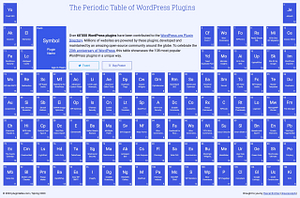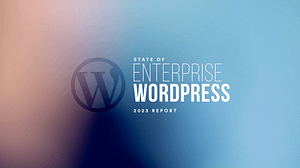
Priced Out of API Access: Jetpack and WordPress.com Discontinue Support for Twitter Auto-Sharing
Jetpack and WordPress.com have recently announced that they will be discontinuing support for Twitter auto-sharing due to the increasing cost of API access. This means

